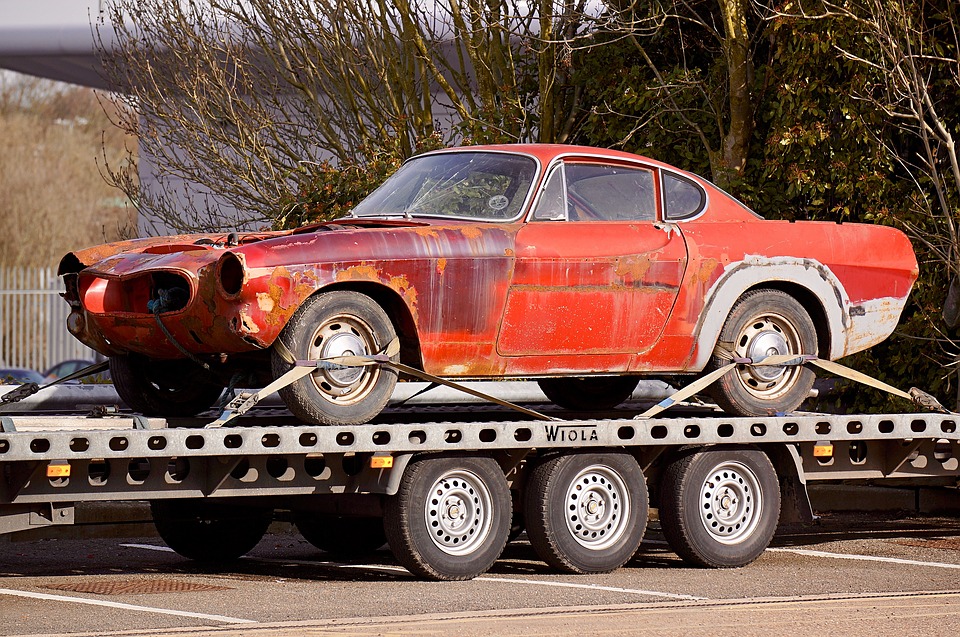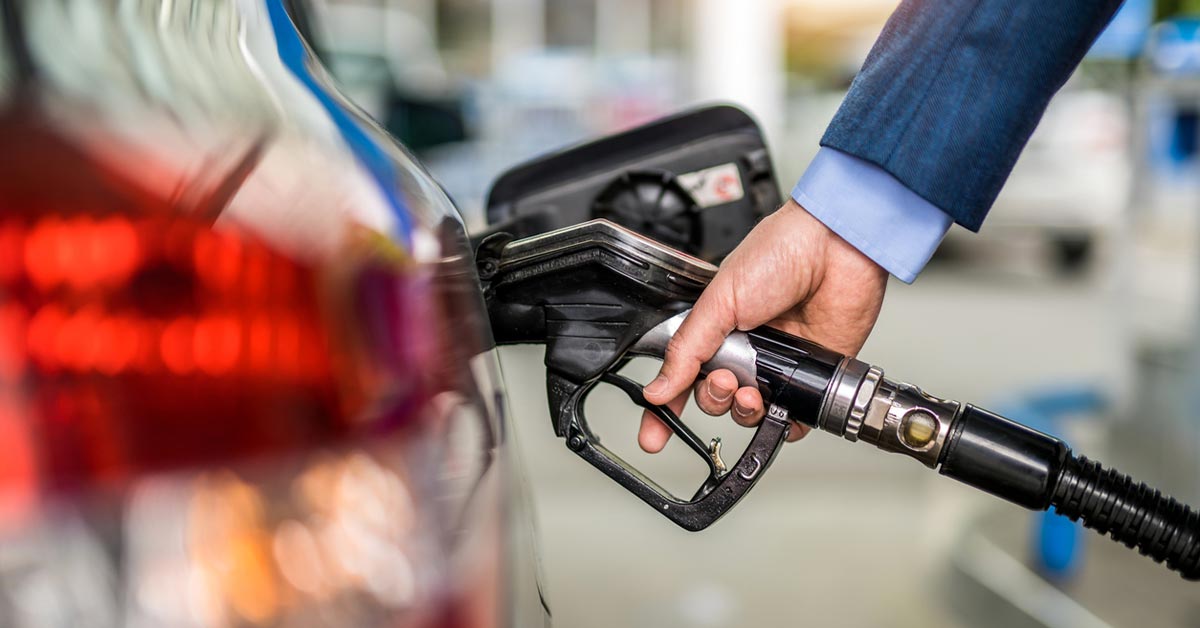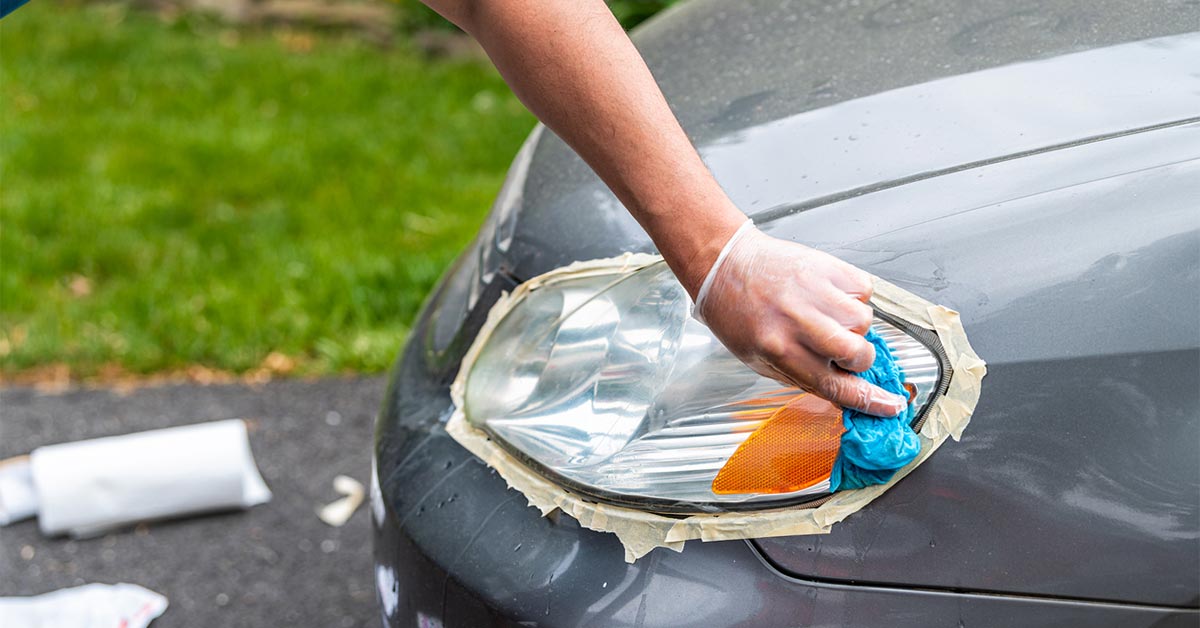Rob Infantino is the founder and CEO of Openbay, an online marketplace for auto repair. We recently spoke with Rob about why auto repair prices can vary from shop to shop. We learned what steps you can take to avoid overpaying for auto repairs.
Why did you choose to create Openbay?
I brought my car into the service center. I’ve always worked on my own vehicles and I knew I’d needed an alignment because the tires were wearing unevenly. It’s a relatively minor service and should have cost about $200. Instead, the service advisor returned with a 12-page estimate for $4,000 worth of “necessary” repairs that I knew were unwarranted. So I declined the service.
I went home to search online for a way to connect with local auto repair centers. There was no simple way to compare, book, and pay for auto repair online – so that was the genesis of Openbay.
Even today, are there still a significant number of auto repair shops who actively try to overcharge or even swindle customers on auto repairs? Does this happen to women more often than men?
It’s tough to quantify the percentage or types of shops that overcharge for auto repair, but it does happen. Evidence of overcharging exists from reporting consumers on review sites and social posts, and they can easily be found in search engines.
Through the Openbay blog, we work to educate consumers as well as repair shop owners and operators. Our advice to consumers is to do their homework: Research the recommended repairs online, and if the repair seems pricey, get multiple shops’ quotes. When at the shop, it’s important to ask questions about what the work entails and request to see the issue with your vehicle. Openbay offers the opportunity for customers and shops to exchange text, video, and photos, so people are able to make informed decisions about their auto repair work.
Many shops are more focused on completing the repairs than they are on delivering exceptional customer service. For them, Openbay emphasizes the importance of communicating regularly with customers.
We understand that women may feel particularly vulnerable when it comes to auto repair, and we know they appreciate the anonymity of our platform. When an Openbay user submits a request for service, shops don’t see our users’ names or information, so they’re delivering standard quotes regardless of gender. We’ve heard from some of our female users that they appreciate that. Our users rate and review their experience at the shop, and the businesses that perform quality work at fair prices receive more business from men and women alike. Consistently good service is rewarded with more business.
How much can the price of a particular auto repair vary from one repair facility to another?
Independent auto repair facilities’ prices typically operate within a range of about 30%. Those swings may be attributed to the level of detail in the work performed, using aftermarket or manufacturer-recommended parts, labor rates for new vs. seasoned or highly specialized technicians, and real-estate prices based on locations. One shop might have a slightly higher labor rate, but if its techs are more skilled, they’re likely to complete the work faster and have it done right the first time. Mobile mechanics tend to cost less, as many of them don’t have to pay rent or mortgage for physical storefronts.
It’s important to note that a more expensive quote does not necessarily mean you’re being “cheated.” If the work you require is highly specialized (for something complex like a transmission, for example) it’s best to ensure that your vehicle is in the most capable hands. The biggest mistake – and expense – is choosing the wrong shop and not having a car repaired properly the first time.
If someone were to say to you, “I always get my auto repairs performed at a dealership. That way, I know they’re done right,” how would you respond?
Dealership service centers are a great option for warrantied work on newer vehicles, so there’s minimal out-of-pocket expense.
That said, the average vehicle on U.S. roads is 11.6 years old, and aside from recall notices, older vehicles don’t receive much benefit from being serviced at the dealer. Some 75% of vehicles in the U.S. are serviced at independent repair facilities, which have years of experience and are more than capable of fixing the issue right the first time.
What options do vehicle owners who feel they are being overcharged for auto repairs have if their vehicle is undrivable and/or has been towed to the repair facility?
If your disabled vehicle is located at your house or office, that buys you time to have it inspected before having it towed. Consider working with a mobile mechanic or asking a local shop to send a tech out to diagnose the issue before you commit to having your vehicle towed to a service center.
If you have your car towed to a facility and the car is undrivable you may feel obliged to have a repair performed at that location. If that’s the case, have that shop diagnose the issue and assign a cost in writing to complete the recommended work. Then, depending on the cost, contact other local service centers to be sure that the estimate seems fair based on the diagnosis. If your current shop’s quote seems consistently high or unfair, consider having the vehicle towed to another facility where you’d rather have the work performed.
Just like Rob’s suggestions on how to save money on auto repairs, AIS Insurance can offer you advice on how to save money on your auto insurance. If you’d like to learn more about our insurance discounts, contact AIS Insurance today.
The information in this article was obtained from various sources. This content is offered for educational purposes only and does not represent contractual agreements, nor is it intended to replace manuals or instructions provided by the manufacturer or the advice of a qualified professional. The definitions, terms and coverage in a given policy may be different than those suggested here and such policy will be governed by the language contained therein. No warranty or appropriateness for a specific purpose is expressed or implied.


